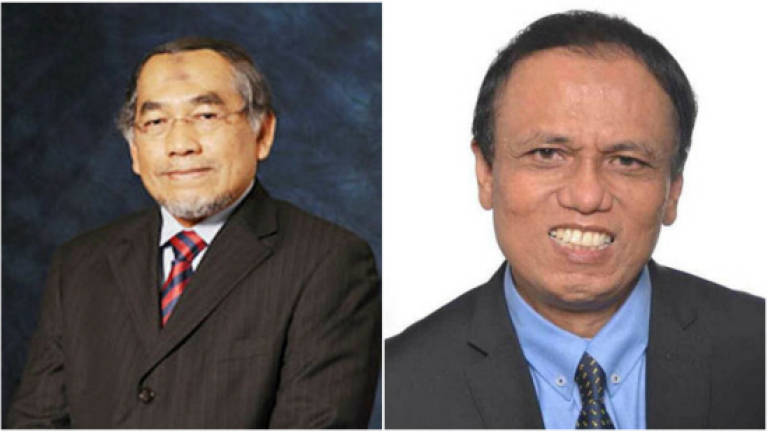Experts say no to alternative HSR plan

PETALING JAYA: A proposal for an alternative to the High-Speed Rail (HSR) project between Singapore and Kuala Lumpur has little merit and should not be considered in the immediate future.
Experts theSun spoke to have given the thumbs-down to the proposal for an alternative to the project, that will utilise the existing double-track infrastructure of Keretapi Tanah Melayu (KTM).
Economist Prof Dr Barjoyai Bardai said although the alternative would cut costs by as much as RM50 billion, it would still not be feasible as it would yield a very low return on investment.
"When Finance Minister Lim Guan Eng said the HSR would cost RM110 billion, I calculated that the return on investment would be 0.5%, assuming the train runs at full capacity every day."
"If you half that original sum, the return is still far below, at 1%. My view is we should defer it by at least five years, as the near future should provide other alternatives to explore," he said.
Prime Minister Tun Dr Mahathir Mohamad had announced last month that the project would be cancelled as it would be too costly.
However, a local English daily on Sunday quoted unnamed industry consultants as saying an alternative had been proposed to the government, and that the Council of Eminent Persons was recently been briefed on it.
The question on everyone's mind is why commuters would use the HSR when low-cost flights of about an hour are available.
Malaysian Chamber of Company Directors secretary-general Salihin Abang concurred, saying the chamber agrees the project be shelved until there is a need for it.
He said the KTM electric train service (ETS) contract the government awarded for the Gemas-Johor Baru line as an extension to the Kuala Lumpur-Gemas stretch could cost in the region of RM8 billion to RM12 billion.
"ETS can go as fast as 160kph, so why do we need to spend an additional RM20 billion for an alternative to HSR with a speed of 200 kph?"
"The RM20 billion would be better spent on buying more coaches for ETS to increase trips frequency and offer the convenience of railroad travel for the public and to extend ETS tracks for the JB-Singapore route," he said.
Salihin suggested that further debate on the idea could be done by having the details of the alternative HSR plan published for public scrutiny so that public feedback and counter-suggestions can be presented via mainstream media.
Malaysian Future Foundation founder Datuk Mohd Radzi Abd Latif said more studies should be conducted on the matter.
"The merits of the project should not be based on cost-savings alone, as we also need to know the impact on KLIA's competitiveness as a regional aviation hub," he said.
"Would we lose out to Singapore's Changi Airport, as travellers could easily land in Singapore and connect to Kuala Lumpur via HSR," he said.
Meanwhile, Universiti Kebangsaan Malaysia economics department head Prof Dr Nor Ghani Mohd Nor said the question of the alternative to the HSR should not arise as air travel is currently an available option.
"Low-cost airlines can increase flights easily between Singapore and Kuala Lumpur without costing the government a sen, besides contributing taxes to its coffers.
"Whether or not airlines want to increase flight frequency depends on demand. As long as there is a mechanism for airlines to adjust flight frequency in response to demand for a sector, it will always be fulfilled," he said.